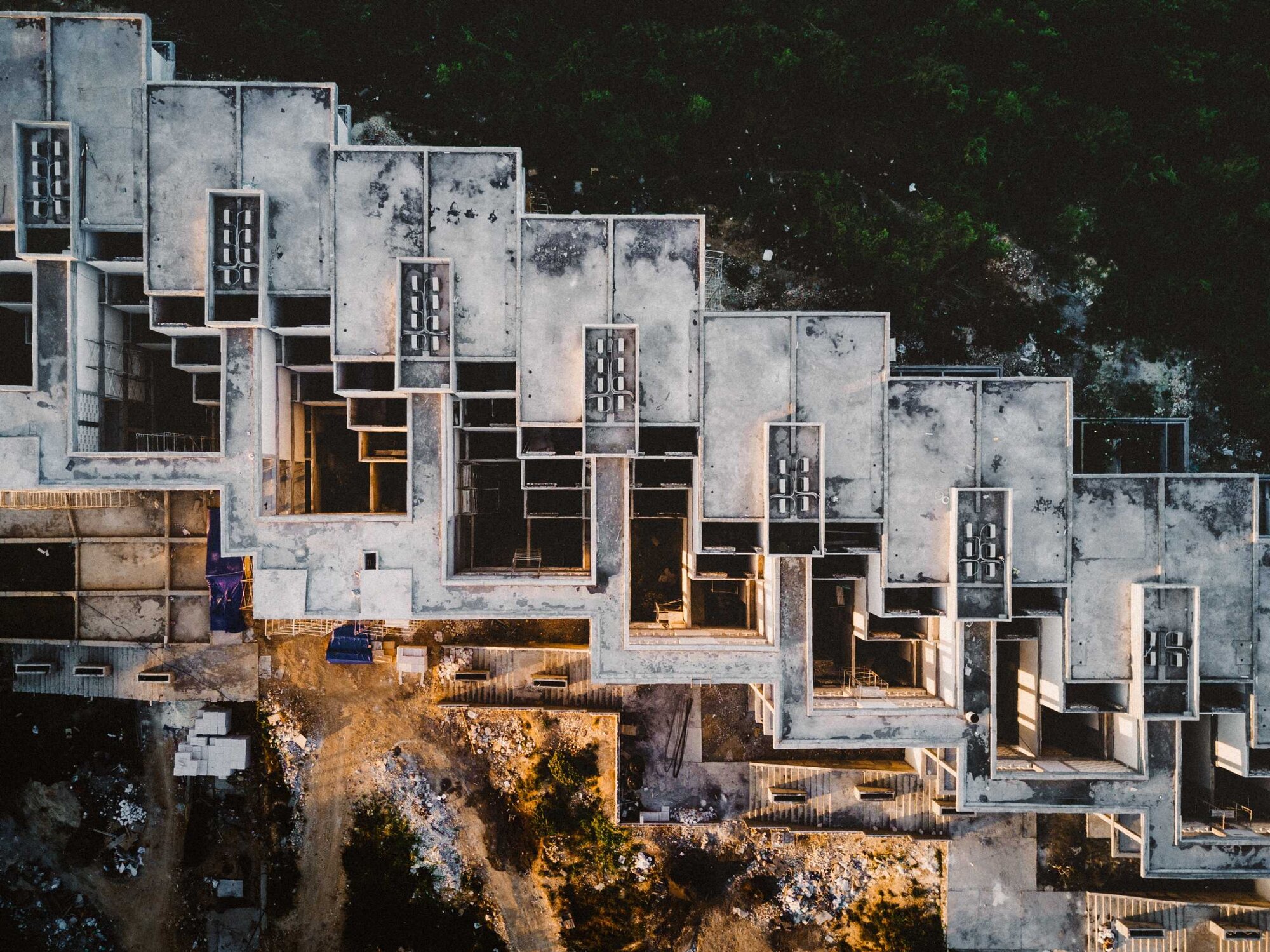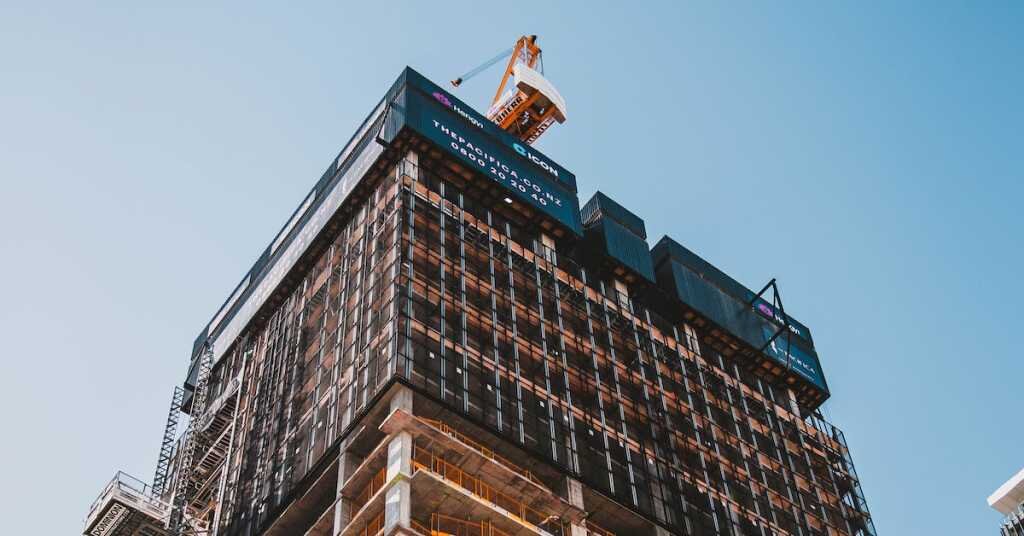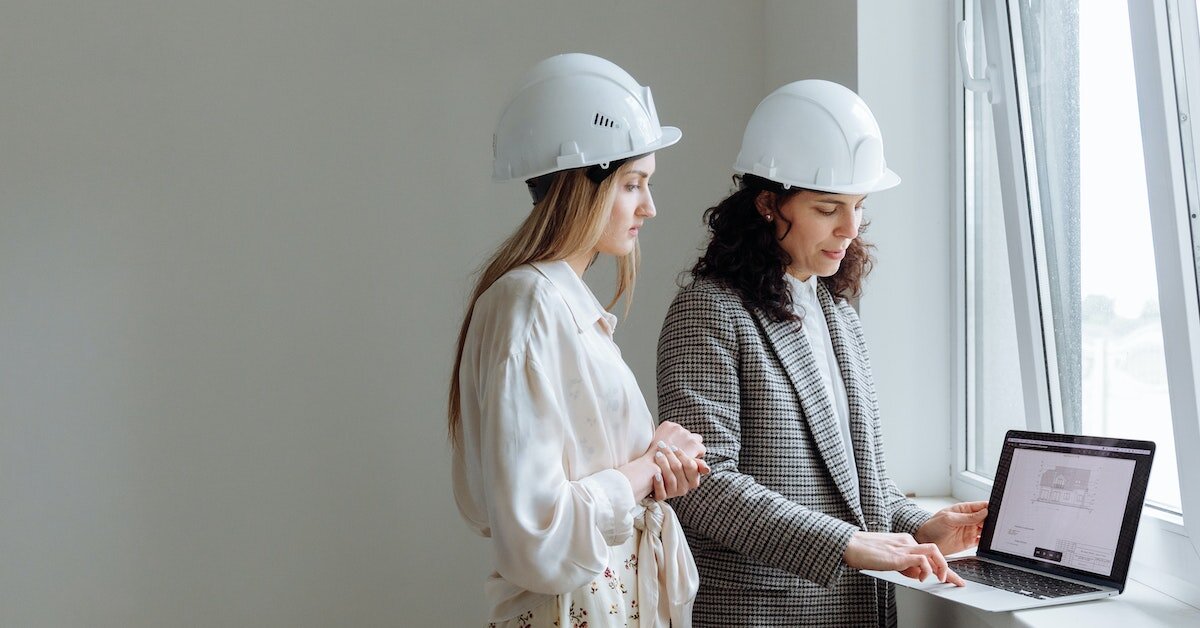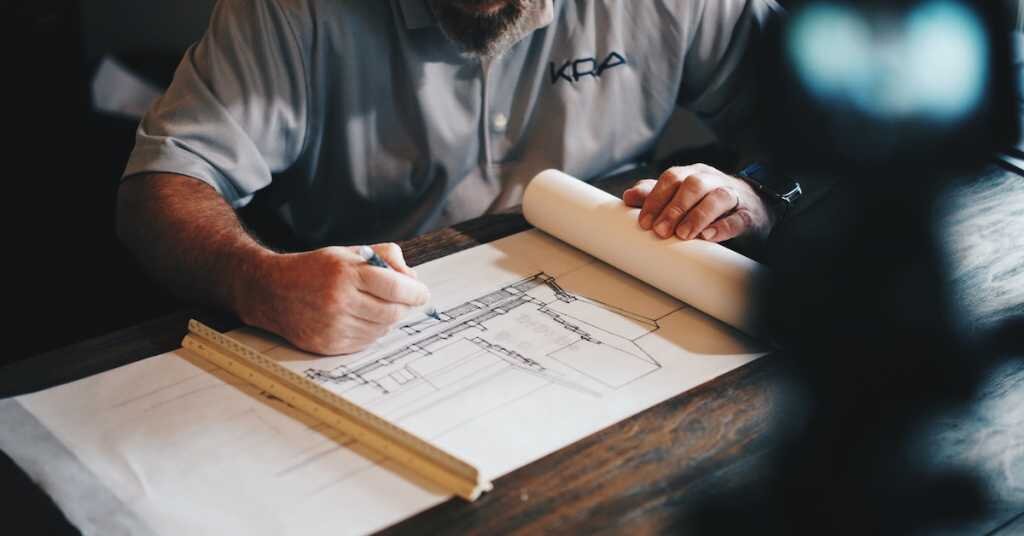How to Become a Commercial Real Estate Developer
Category: Learn

Of all the ways to work in commercial real estate, developing property can be a lucrative venture for people who can identify opportunities in the marketplace while managing risk to maximize reward.
The most basic definition of real estate development is acquiring land, improving the land by adding items like utilities and parking, and constructing a single-tenant or multi-tenant building. Developers can then turn around and market commercial space for rent, such as retail buildings for rent, or sell commercial real estate to another investor.
In this article, we'll look at the different ways to get into CRE and how to become a commercial real estate developer.
Why Become a Commercial Real Estate Developer?
Most people get into commercial real estate by working as an agent or broker. However, there are many different CRE careers besides buying, selling, and leasing property:
- Appraisal
- Raising capital
- Construction
- Asset management
- Property management
- Investor communications
- Commercial real estate development
Real estate developers account for only a small percentage of people in the commercial real estate industry. However, developing commercial real estate property can be a lucrative niche often overlooked by professionals in the business.
In the United States, salaries for commercial real estate developers vary based on experience, location, and project type. As of January 2025, compensation for commercial real estate developers in the United States varies based on experience, location, and project scale.
According to Glassdoor, the estimated total annual pay for a commercial real estate developer is approximately $185,989, with an average base salary of $132,262 and additional pay around $53,727.
Top developers in major markets like New York City, Los Angeles, and Miami can earn upwards of $500,000 or more annually, reflecting the higher demand and complexity of projects in these regions. Geography significantly impacts earnings, with professionals in high-cost, high-demand areas such as San Jose, CA, or New York City often earning 20–40% more than the national average.
Diverse Paths to CRE Development
While the path to success for every developer is different, there are several things you can do to become a commercial developer:
- Obtain a bachelor's degree or an advanced degree with a major in business administration, real estate, or construction management.
- Get your real estate license in the state or states in which you plan on working.
- Gain experience by working as a real estate broker while focusing on improving key real estate development skills such as economic principles and math skills.
- Network by joining professional organizations and real estate investing groups to establish contact with people who can help you reach your goal of becoming a commercial real estate developer.
Of course, the best way to learn about something is by doing it. After you've learned the real estate business, start learning the business of commercial real estate development by completing a small project on your own or partnering with another developer.
What makes a great commercial real estate developer? To answer that question, let's take a look at some of the common traits that successful real estate developers have:
- Understand how to build a real estate development team with an asset manager, lender, appraiser, attorney, architect, general contractor, civil engineer, and leasing broker.
- Anticipate and manage risk, ensuring the financial resources to complete the development project are available and that cost of building materials and other construction expenses are controlled and kept within the budget.
- Excellent problem-solving skills under pressure because unanticipated issues will always arise, even with the best-planned real estate development projects.
- Creativity and the ability to 'think outside of the box,' such as developing unique commercial real estate projects that meet the market's needs and attract both qualified tenants and future investment partners for new developments.
Step-by-Step Guide to Becoming a CRE Developer
Step 1: Start with the Right Education
While not a requirement, a great way to start one’s career is by pursuing a bachelor’s degree in fields like business administration, real estate, or construction management. For those aiming to stand out, advanced certifications or graduate degrees in finance or urban planning can provide a competitive edge.
Step 2: Gain Practical Experience
Work in real estate-related roles, such as a broker, agent, or property manager, to gain hands-on experience. These positions will help you develop crucial skills like market analysis, client management, and deal structuring, which are foundational for CRE development.
Step 3: Build a Strong Network
Join professional organizations like NAIOP or CREW Network to connect with industry experts. Attend events such as ICSC RECon or regional real estate expos, and engage actively with professionals on LinkedIn by joining relevant groups and contributing to discussions. Strong relationships can open doors to mentorship, partnerships, and opportunities.
Step 4: Understand Key CRE Skills
To succeed, developers need to master essential skills:
• Financial modeling and budgeting for project feasibility.
• Negotiation skills for contracts and permits.
• Risk management to address unexpected challenges.
• Creativity to identify and capitalize on unique opportunities in the market.
Step 5: Launch Your First Development Project
Start with a manageable project to minimize risk, such as converting a single-family home into a mixed-use property or repurposing an underutilized building. These smaller ventures allow you to build credibility and gain valuable experience while laying the groundwork for larger projects in the future.
Trends Shaping CRE Development in 2025
In 2025, commercial real estate development is evolving to meet the demands of a rapidly changing world.
One of the most significant trends is the demand for sustainable buildings. Developers are increasingly incorporating energy-efficient systems, renewable energy sources, and eco-friendly materials into their projects. Certifications like LEED and WELL are not just desirable but are becoming essential to attract environmentally conscious tenants and investors. Governments and local municipalities are also incentivizing green construction practices through tax breaks and streamlined permitting processes.
Another notable shift is the rise of mixed-use developments, which cater to modern preferences for convenience and functionality. These projects integrate residential, retail, office, and entertainment spaces into single, cohesive developments. Mixed-use properties are particularly appealing in urban areas, where residents prioritize proximity to work, shopping, and leisure activities. These projects also maximize land use, making them attractive to developers working in high-density areas.
Proptech innovations are reshaping the way developers approach site selection, project management, and tenant engagement. Technologies such as AI and machine learning enable developers to analyze market trends and forecast demand with precision. Virtual reality and digital twin technologies are streamlining design processes, while IoT-enabled smart building systems enhance tenant satisfaction and operational efficiency.
Lastly, a shift towards secondary markets is creating new opportunities for developers. Cities like Austin, Nashville, and Charlotte are becoming hubs for commercial development due to their growing populations, affordable land prices, and business-friendly policies. These markets offer strong returns on investment while avoiding the high costs and competition associated with primary markets like New York or San Francisco. Developers focusing on these regions are well-positioned to capitalize on emerging demand from businesses and residents seeking more affordable options.
Commercial Real Estate Development Process
Leasing commercial space or selling commercial property can take several months, sometimes up to a year or more. However, the real estate development process can take much longer.
For example, it can take two or three years to locate and make a deal on a piece of vacant land and get it ready to build on, then another two or three years to construct the building and get it leased up. During the five or six years it takes a project to move from inception to completion, the economy could change, or market demand could dry up.
Commercial real estate development steps
- Locate and acquire the land, conduct due diligence such as a site investigation and a Phase 1 environmental report.
- Get entitlements such as use permits, zoning variance, and utility and landscaping approvals.
- Obtain construction financing, and ensure that permanent (or take out) financing is in place after the project completion.
- Award the development project to a trusted general contractor with a solid network of subcontractors to ensure that the construction cost per square foot stays within budget.
- Pre-market the building to qualified tenants on long-term leases to attract the best lenders with excellent loan terms and the lowest interest rates.
Start small, think big
No rule says your first commercial development project has to be a high-rise office building in Manhattan or a 500-unit multifamily apartment building in Dallas. Instead, start with small developments with a high margin for success that will quickly help you develop a reputation as a successful commercial real estate developer:
- Convert a large single-family home into a mixed-use property of retail or office space on the first floor and apartments on the second floor.
- Reposition a vacant office building into a multifamily residential rental property.
- Repurpose an obsolete retail property into last-mile delivery space for e-commerce businesses or cloud kitchens for restaurants.
Frequently Asked Questions
Do I need a license to become a commercial real estate developer?
While not always required, a real estate license can provide credibility and access to opportunities.
What degree is best for CRE developers?
A degree in business administration, real estate, or construction management is most beneficial.
How long does it take to become a successful developer?
It can take several years to gain the experience and network needed to launch a successful project.
The Bottom Line
Developing commercial real estate takes a lot of hard work, and success doesn't happen overnight. However, once you've built a record of success in your market and developed a reputation for yourself, you may very well find yourself with more deals and offers to invest in than you can handle.
It all begins with finding the best property in the right real estate market that offers the most potential for commercial real estate development. If you're ready to do so, Crexi Intelligence provides all the information needed to make the best possible development decisions.




